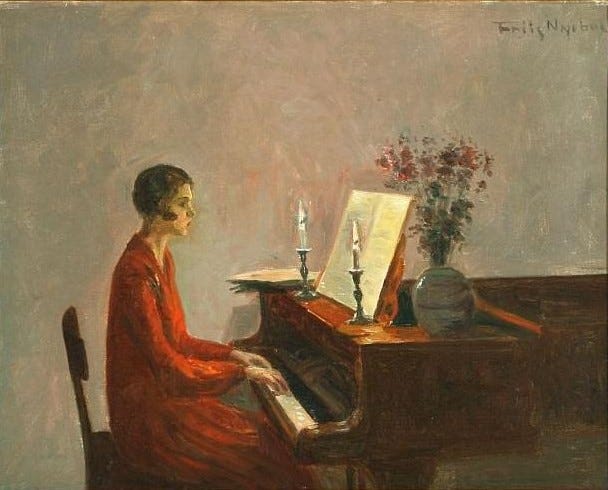
D.H. Lawrence (1885–1930) is a better poet than his casual readers are readers of his poetry. Or so at least it might seem when we consider the lingering effect of R v Penguin Books, the 1960 obscenity trial about the British publication of Lawrence’s 1928 novel Lady Chatterley’s Lover.
As it happens, Lawrence’s publishers won the notorious trial, but a consequence was that Lawrence existed in the public imagination for the next 50 years mostly as a sex fiend: an evangelist of the sexual revolution (in its early instantiation as “Free Love”), to be canonized or anathematized according to one’s view of all that. And, of course, Lawrence was pictured entirely as a novelist — author of Sons and Lovers, The Rainbow, and the rest — and not also as a young Georgian poet who made the turn into modernism.
Literary critics spent decades trying to force recognition that his works were, in fact, high-modernist achievements. And they …
Keep reading with a 7-day free trial
Subscribe to Poems Ancient and Modern to keep reading this post and get 7 days of free access to the full post archives.



